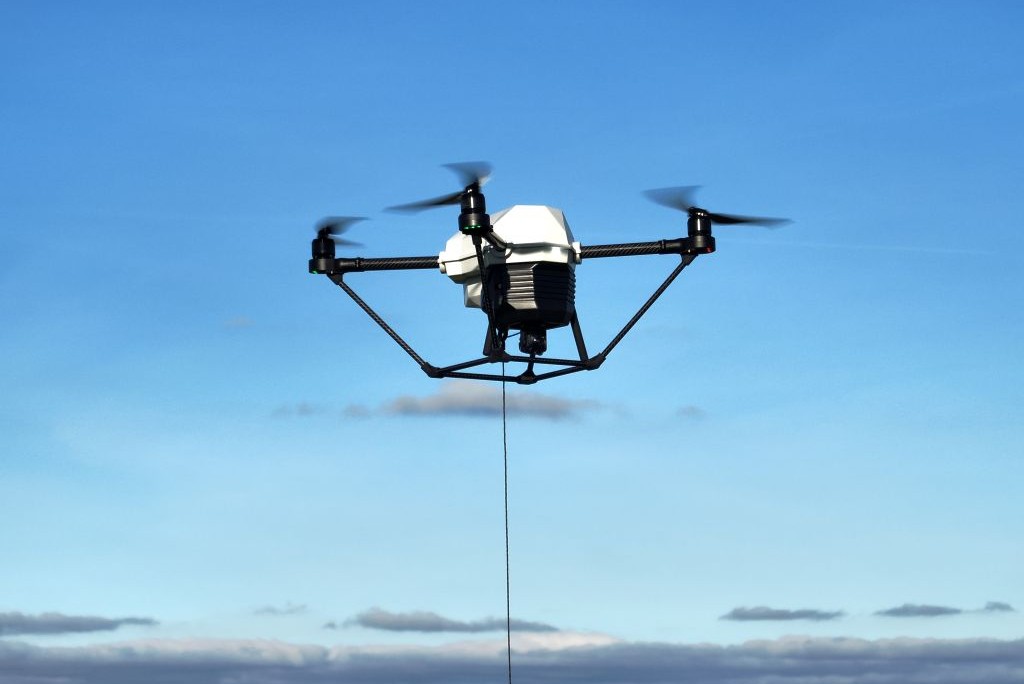Enhancing Security in Restricted-Level Communications: An In-Depth Look at MISTRAL
Introduction to MISTRAL’s Capabilities
On November 17, 2025, Thales unveiled MISTRAL, a state-of-the-art encryption solution designed to meet the rigorous standards set by the French National Cybersecurity Agency (ANSSI) while achieving certification under the Common Criteria Evaluation Assurance Level 4 (EAL4+). This robust encryptor is poised to address the escalating need for secure communications in sensitive environments, particularly within European collaborative projects that involve industrial partnerships and high-tech stakeholders.
Key Features of MISTRAL
MISTRAL combines high-caliber security with user-friendly functionality, ensuring that operational excellence is maintained without sacrificing protection. Notable characteristics include:
- High Throughput: Capable of processing data at rates up to 4 × 10 Gbps.
- Low Latency: Designed to minimize delays, thereby ensuring timely data exchange.
- Seamless Integration: Enhanced by centralized management, facilitating easy deployment within existing infrastructures.
Thales aims to provide organizations with a comprehensive security framework capable of protecting against current and emerging threats, particularly in the context of unprecedented advancements in quantum computing.
Anticipating Future Threats
As part of Thales’s strategic foresight, the MISTRAL system is being developed to counteract the vulnerabilities that quantum computing presents to traditional cryptography. Beginning in June 2026, Thales will equip France and its European allies with a high-grade encryption solution explicitly engineered to withstand quantum attacks. This move is critical for entities such as:
- Public Administrations: Ensuring the integrity and confidentiality of sensitive governmental communications.
- Critical Infrastructure Operators: Protecting essential services that rely on secure communications.
- Defense Technological and Industrial Base: Safeguarding information vital to national security and defense operations.
According to Pierre Jeanne, Thales’s Vice-President for Sovereign Cybersecurity activities, “MISTRAL will empower key stakeholders to effectively shield their critical communications from quantum threats, ensuring strategic security in an increasingly digital landscape.”
Operational Readiness and Future Implications
Currently undergoing operational trials, MISTRAL is slated for full deployment in June 2026. The introduction of this advanced encryption capability signifies Thales’s ongoing commitment to enhancing its cybersecurity portfolio. By developing trusted solutions for information exchange, Thales not only fortifies its technological leadership but also contributes to the overall resilience of European cybersecurity infrastructure.
Conclusion
The MISTRAL encryptor represents a significant advancement in the fight against evolving cyber threats, particularly those posed by quantum computing. As organizations seek to bolster their defenses, the importance of sophisticated encryption solutions cannot be overstated. With MISTRAL, stakeholders in critical sectors can expect enhanced protection for Restricted-level communications, thereby reinforcing their operational security and maintaining the integrity of vital information exchanges.
This article provides a comprehensive overview of MISTRAL, illustrating its critical role in shaping the future landscape of secure communications within Europe and beyond. Through ongoing innovation and a commitment to excellence, Thales remains at the forefront of the cybersecurity domain, ready to meet the challenges of a rapidly changing technological environment.




